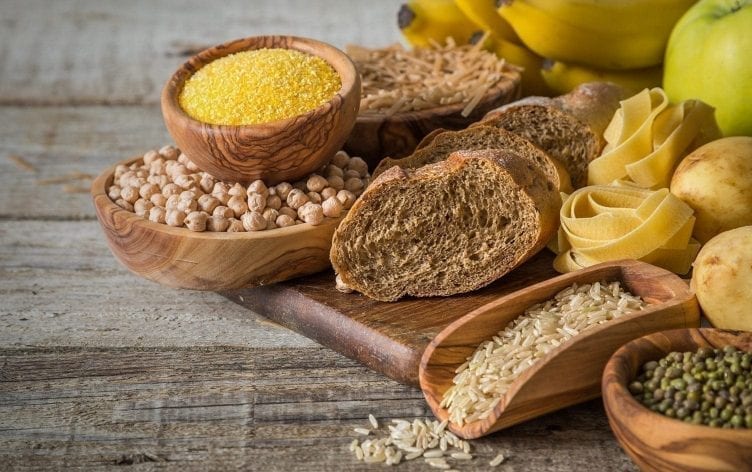We all know that carbohydrates are one of the macronutrients that are essential for the human health. Carbohydrates, along with proteins and fat, greatly give the energy that we need from our diets. A particular kind of carbohydrate that provides us some health benefits is the complex carbohydrates.
Complex carbohydrates are also known as polysaccharides. These carbohydrates are basically foods of plant origin that are made up of sugar molecules that are bound together in long and complex chains. The foods that are rich in complex carbohydrates basically include peas, beans, grains, some fruits, and vegetables.
Prior to the absorption of such complex carbohydrates, these sugar molecules are split apart which lets them to be gradually absorbed into the bloodstream. And as the complex carbohydrates are turned to glucose or blood sugar, they now provide a more lasting source of energy. This is basically what the athletes need to fuel up for an event.
From different researches, it is noted that the complex carbohydrates should make up for about 55 percent of the calories in the daily diet, along with fats making up for about 15 to 20 percent and protein making up the rest. The complex carbohydrates include three major types of dietary fiber, such are the cellulose, hemicellulose, and gums. And aside from fiber, complex carbohydrates greatly include starches and glycogen.
Speaking of starches as a form of complex carbohydrates, numerous studies have shown that all starches are usually plant materials. As such, the cereal grains like wheat, corn, and rice, are good sources of starch, which comprises a huge part of the world’s food supply. This form of complex carbohydrates is also found in potatoes and legumes.
In terms of fiber, as a form of complex carbohydrates, many studies have demonstrated that just like starches, fiber is also found richly in plants. It is specifically located in the outer layers of the cereal grains and the fibrous portions of legumes, fruits, and vegetables.
Complex carbs pack in more nutrients than simple carbs. They’re higher in fiber and digest more slowly. This also makes them more filling, which means they’re a good option for weight control. They’re also ideal for people with type 2 diabetes because they help manage blood sugar spikes after meals.
With the fiber, starch, and glycogen content of the complex carbohydrates, many athletes today are fueling up on complex carbohydrates for the purpose of enhancing their glycogen, which are complex carbohydrates found in animals, stores in muscles. The complex carbohydrates are then thought to develop endurance.
Complex carbohydrates are also good for those diabetics. In fact, the American Dietetic Association has found out that diabetics may also benefit from a diet that is high in complex carbohydrates and low in fat as well as in sugar. Specifically, the fiber as a form of complex carbohydrates has the potential for improving the ability of diabetics to process blood sugar.
Aside from that, complex carbohydrates are also believed to soften the stools and rouse the digestive tract since they contain insoluble fibers. For this reason, such form of carbohydrates then lessen hemorrhoids, constipation, and another intestinal disorder known as diverticulosis. Some findings even demonstrated that these carbohydrates may reduce the danger of colon cancer.
With such multiple reasons and benefits of complex carbohydrates, it is no doubt then that this particular category of carbohydrates is considered as an essential part in the body. They have become the food of choice for those health concerned individuals up to this time.







Be First to Comment